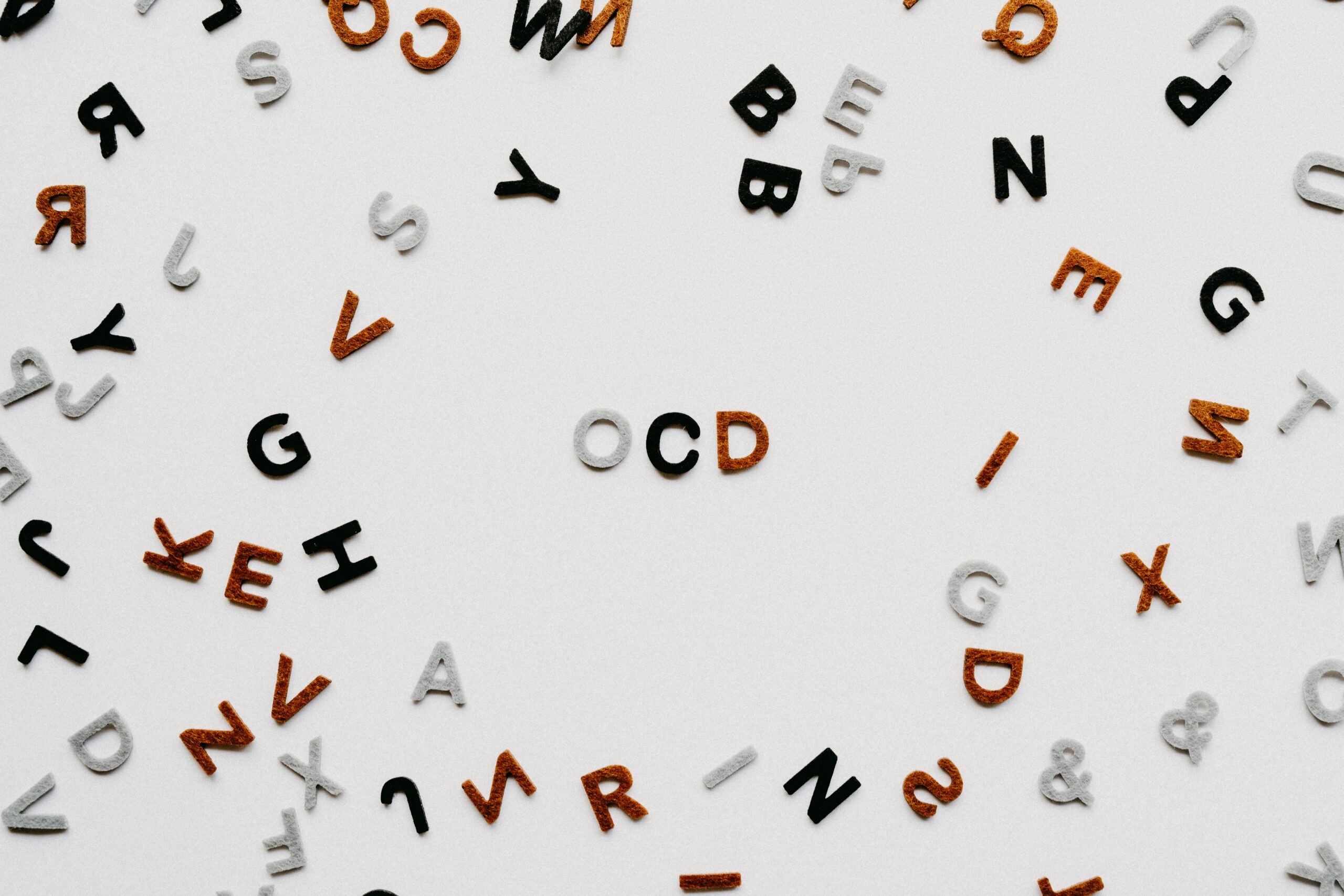
OCD, or obsessive-compulsive disorder, is an oft misunderstood mental health condition affecting approximately 2 to 3 percent of U.S. adults in their lifetime. I hesitate to call it a “condition.” There shouldn’t be a stigma. But as with many mental health, physical health, and spiritual struggles, people may judge or not fully comprehend it. The most relevant person is YOU, and how you view yourself. Hopefully this blog will shed some light on OCD and provide practical OCD coping skills to help you manage it successfully, whether you are experiencing it yourself or simply interested in learning. Anxiety and intrusive thoughts are something most of us can relate to.
OCD can be characterized as a set of symptoms. They revolve around obsessions and the related compulsions (hence the name). The obsessive part includes distressing or persistent thoughts and emotions. The thoughts can be about anything, but common themes are cleanliness, safety, self-blame, or urges to do something you don’t want to do. People perform related compulsions to relieve anxious thoughts.
For example, someone might feel a strong compulsion to frequently wash their hands, even when there isn’t an objective need to do so. Or they might feel compelled to check their door lock 10 times, even when they know it’s already locked. The compulsive part of OCD may seem illogical or unrelated to the obsessive thoughts at times too. No matter how small the action is, it usually feels huge for someone struggling with OCD.
Let’s now cover what exactly coping skills are, so you can appreciate their benefits. Then we will talk about the best ways to start to break free.
The word “coping” can be defined as the internal resources and reactions that arise to manage stressful situations. Coping mechanisms are typically done consciously or purposely, while defense mechanisms are done unconsciously (without awareness). They are both invoked to reduce stress in the brain, psyche, and emotional body.
Coping skills, specifically, are tools and methods to improve our ability to cope and overcome a challenge — in this case, OCD.
There are many different coping strategies for OCD. And the good news is that OCD treatment and management can be very effective. When you find skills that help you cope, your life and mental health will improve greatly. You might even cure yourself!
On that note, researchers have not fully understood the cause of obsessive-compulsive disorder. But some possible triggers include a family history, past trauma, stress, and brain chemistry. You can often address these circumstances, leading to healing and freedom from symptoms. The core of OCD may be feeling out of control and attempting to gain back that control via obsessions and compulsions. For more about coping skills for dissociation, another trauma response, read this blog here.

Here are my top six coping tools to support resolution of OCD, or reduction in symptoms. See what most appeals to you and dive in. Remind yourself that you have nothing to be ashamed of. OCD is just one form that anxiety can take. We humans are an anxious lot, and that is arguably at an all time high right now.
Mindfulness refers to being in the present moment and witnessing your thoughts and emotions. This is the basis of most types of meditation. When you become the observer of yourself, you are more likely to be able to take a pause before acting on the anxiety.
Another relaxation technique you can try is breathing deeply and slowly, in and out. Breathe in for a count of 7, hold 2, and breathe out for 8. Inhale and let your belly expand outward, using diaphragmatic breathing. The point of these methods is to calm your body and mind. This allows you to take a beat instead of reacting automatically.
Exposure and response prevention or ERP refers to exposing yourself to a situation that usually causes OCD symptoms and obsessions, and then intentionally not doing the compulsion. This of course takes practice, but can bring relief over time. Start slowly with a small trigger. Breathe and wait 10 seconds before engaging in your usual compulsive response.
Journaling is a powerful mental health tool for almost anything. With OCD, you can write about times you start to obsess. What was the trigger, what fear came up with it, and what was the resulting compulsion? A helpful question to ask yourself and journal on is, what would have happened if I hadn’t performed my compulsion? What evidence is there for my fears materializing?
Turning OCD into a character, or even a name or shape, can take the scary weight out of it. This works wonders for children too (for all kinds of fears). Maybe you name it Bob. How did Bob react today? When you view OCD as a separate entity, it may be easier to distinguish from yourself and your identity. Then you can have more compassion for it and for you, and thus more easily release its compulsions.
As you start to feel an obsession or compulsion come on, redirect your attention. Do this forcefully but lovingly. It’s actually quite simple: if you’re not focusing on the ruminations of OCD, they can’t take over. Try humming (which stimulates your vagus nerve too), doing jumping jacks, taking a walk, playing with your dog or cat, reciting the alphabet or your name backwards, or naming what you see around you. This brings you back into your body and away from obsessing. It is also therapeutic for trauma recovery.
Finally, good old self-care for the win. Exercising regularly, eating healthy food, proper meals, and enough protein will help more than you think. You can also consider supplements to support anxiety reduction, such as ashwagandha. And if you need an extra boost to get through this, don’t hesitate to reach out to a therapist or local crisis center. They may also be able to recommend a support group with others experiencing OCD symptoms.
Living with OCD doesn’t have to be forever. All forms of anxiety are treatable, and occur on a scale. You may have more symptoms at certain times, and fewer at others. Give yourself a lot of grace and love as you move through it and find the coping skills that work best. Hugs!
© Copyright Centered One by Erin, LLC. All rights reserved.
Photos by: